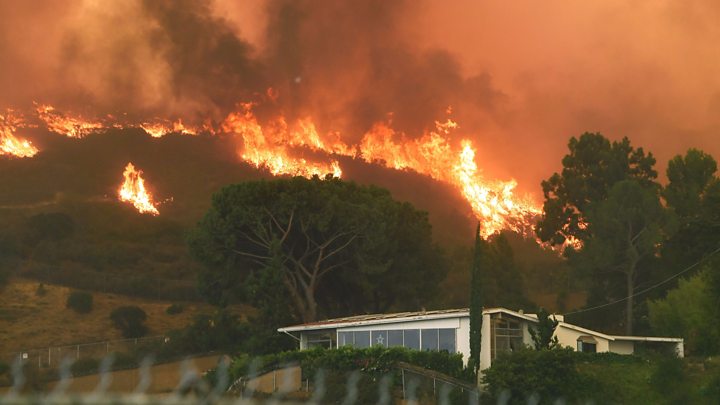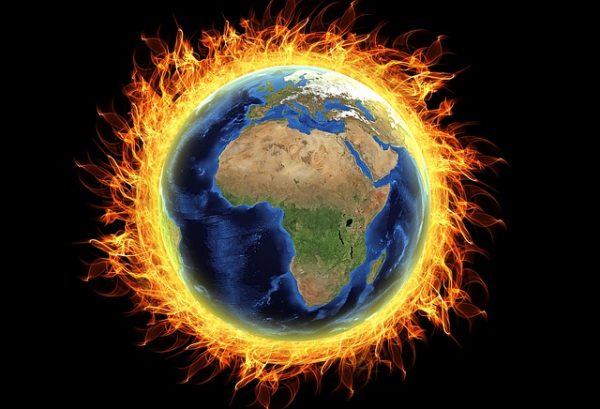Deforestation impacts climate change more than fossil fuel use, new study finds
09/25/2017 / By Isabelle Z.

Curbing the use of fossil fuels is often singled out as the best way to tackle climate change, but a new study published in the journal Environmental Research Letters shows that the problem of deforestation should not be overlooked as it contributes far more to climate change than once believed.
The new paper, which is titled, “Are the Impacts of Land Use on Warming Underestimated in Climate Policy?” illustrates the dramatic impact that deforestation has on climate change. In fact, it shows that even if all fossil fuel emissions were somehow eliminated, we would still note a 1.5-degree rise in global warming if the current tropical deforestation rates maintain their current pace through the year 2100.
Part of the reason for this, as the paper’s lead author Natalie M. Mahowald points out, is that the particulates that are released when fossil fuels are burned might be harmful to our health, but they actually have a cooling effect on the climate. Therefore, removing them would make it even more difficult to reach the lower temperatures set out by the Paris agreement.
In the cutting and burning that takes place in deforestation, carbon dioxide is released by the affected trees and plants, but that is only a small part of the equation. After the natural lands are converted to agricultural or other human uses, greenhouse gases like methane and nitrous oxide are released. These compound carbon dioxide’s effect of trapping energy from the sun in the atmosphere, the paper says, contributing to a warmer climate.
In fact, although just 20 percent of the increase in carbon dioxide created by human activity can be traced to land-cover change and land use, the warming proportion that comes from land use versus other human activity rises to 40 percent once the co-emissions of methane and nitrous oxide have been taken into account.
Mahowald also pointed out that the carbon that is released by deforested areas doubles over time because its potential to function as a natural sink in the future is eliminated, as she discovered in a previous study. Therefore, extended timelines should be used to assess activities’ impact on the climate, particularly in tropical areas.
This is in line with research published in Science showing that rampant deforestation in places like Brazil and Indonesia emits more than a quarter of the greenhouse gases caused by human activity.
Deforestation is on the rise
According to data released by the National Institute for Space Research in Brazil, nearly 8,000 square kilometers of the Amazon rainforest was lost to clear cutting in the year leading to July 2016, a year-over-year rise of 29 percent.
Many people feel powerless to stop mass deforestation, but grassroots initiatives can be surprisingly effective in this regard. A recent study by the University of Cambridge discovered that conservation initiatives led by indigenous and local groups can be every bit as effective as government-led schemes in stemming the problem. Moreover, they found that in some cases in the Amazon, grassroots efforts can be even more effective at protecting the ecosystem.
The scientists reached their conclusion after looking into the effectiveness of various approaches to Amazon conservation in Peru in the years from 2006 to 2011. By combining remote sensing data with socio-economic and environment-related datasets, they were able to assess the approaches and find which ones worked best.
“Local conservation initiatives deserve more political, financial and legal support than they currently receive,” said lead author Dr. Judith Schleicher. According to their analysis, there is not one single effective means of protecting tropical rainforests. Instead, multiple approaches must be used to keep the problem under control.
Sources include:
Tagged Under: Amazon, carbon dioxide, climate change, deforestation, discoveries, Emissions, fossil fuels, Methane, rainforest, research




















